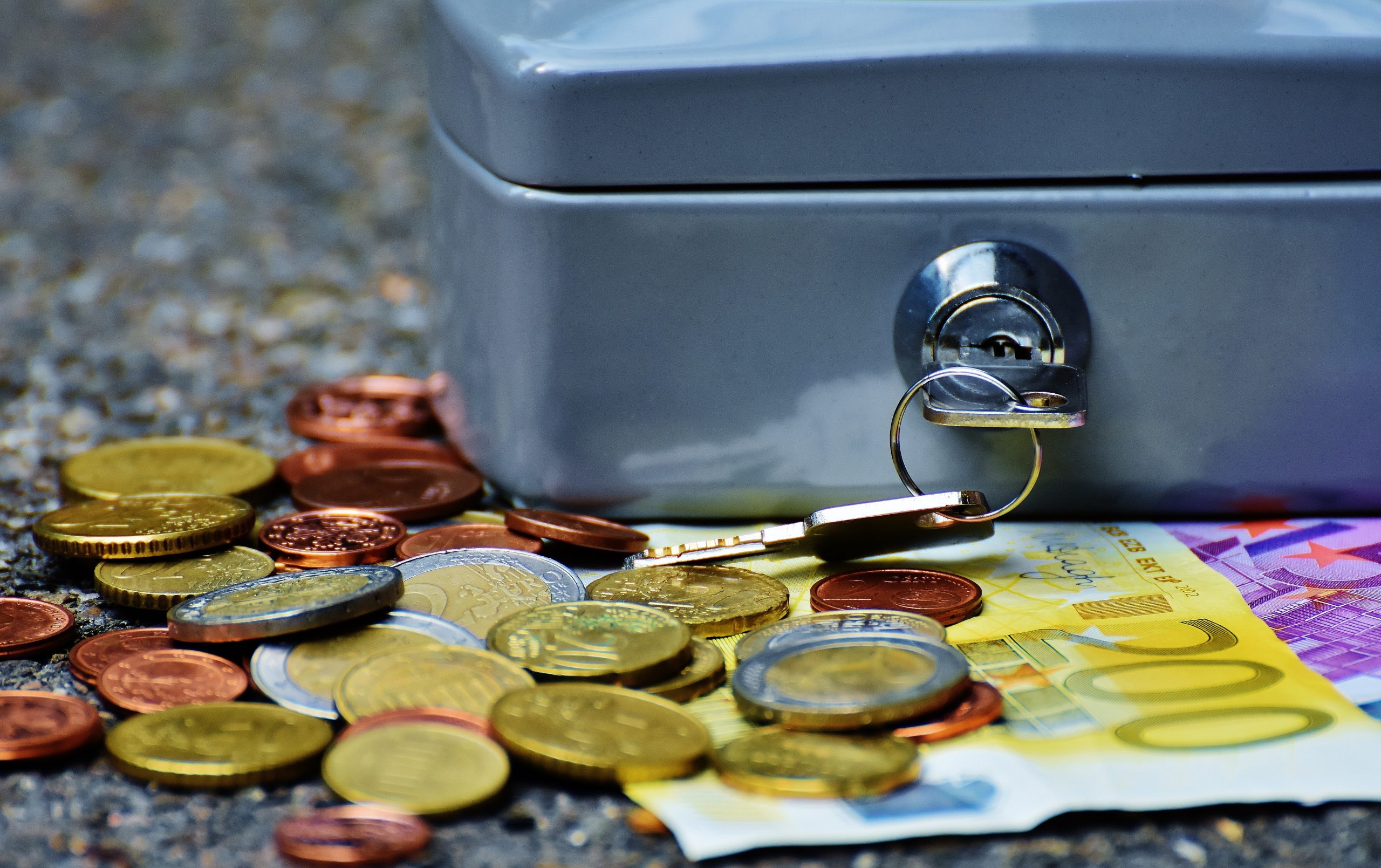
The ministry has accumulated millions of euros in debt for investments financed by the reconstruction fund, risking to lose EU funding.Continue reading

Both the Hungarian and Romanian governments are committed to improving bilateral cooperation, from which both sides can greatly benefit. There are also plans to further expand the number of border crossing points in order to eliminate the uncertainties caused by long waiting times, Minister of Foreign Affairs and Trade Péter Szijjártó said in Bucharest on Monday.
According to a statement by the ministry, after talks with several members of the new government that recently took office, the Foreign Minister described the development of infrastructure at border crossings as of strategic importance. In this context, he recalled that
Romania became a member of the Schengen area during the Hungarian EU presidency. As a result, controls at the borders between the two neighboring countries were finally eliminated, as were the uncertainties caused by long waiting times.
He welcomed the fact that the number of crossing points has now increased from 12 to 22, reducing the average distance between crossing points from 37 to 20 kilometers. “In many places, we have been able to eliminate the undignified situation where you could see the village on the other side of the border, but to visit relatives and friends you had to take a detour of tens of kilometers,” the minister said. Péter Szijjártó added that the number of crossings will be further increased. The necessary agreement has been prepared, and contracts have been signed for the reconstruction of the St. Gellért Bridge in Magyarcsanád and the design of a railway line linking Szeged (southern Hungary) with Timisoara (Temesvár).
The Foreign Minister pointed out that Romania is a very important economic partner for Hungary, its third largest export market, with exports reaching a new record last year. He noted that several domestic companies have become market leaders in Romania, such as MOL, Wizz Air, Richter, and Hell.
He also touched on energy cooperation, which he said was a major contribution to the security of supply of both countries, and said they had reaffirmed their commitment to further strengthen ties.
Last year, 1.7 billion cubic meters of natural gas were delivered to Hungary through the Hungarian-Romanian interconnector, and preparations are already underway in Romania for the exploitation of a new offshore gas field, which, if all goes well, could provide Central Europe with new resources by 2027.
He also mentioned the project under which Hungary plans to import green energy from the Caucasus region in cooperation with Romania, Azerbaijan, and Georgia. He said that the joint venture company preparing this project was being registered in Bucharest and that the CEO had already been appointed.
Finally, Szijjártó underlined that experience shows that when the Democratic Alliance of Hungarians in Romania is part of the government coalition, things go much better in the cooperation between the two countries.
“This is very important because both Hungary and Romania, both Hungarians and Romanians, have a lot to gain from good Hungarian-Romanian cooperation,” he emphasized. He added that the prospects are currently positive, as the Romanian government is also committed to developing bilateral cooperation, and one of the main guarantees for this is the participation of the Hungarian party. In this context, he underlined that the party had been given the leadership of two important ministries, those of development and finance.
Via MTI, Featured photo via Facebook/Péter Szijjártó